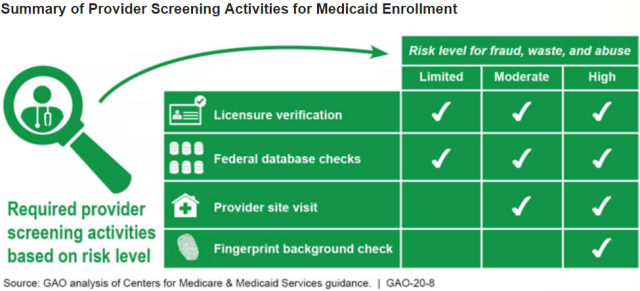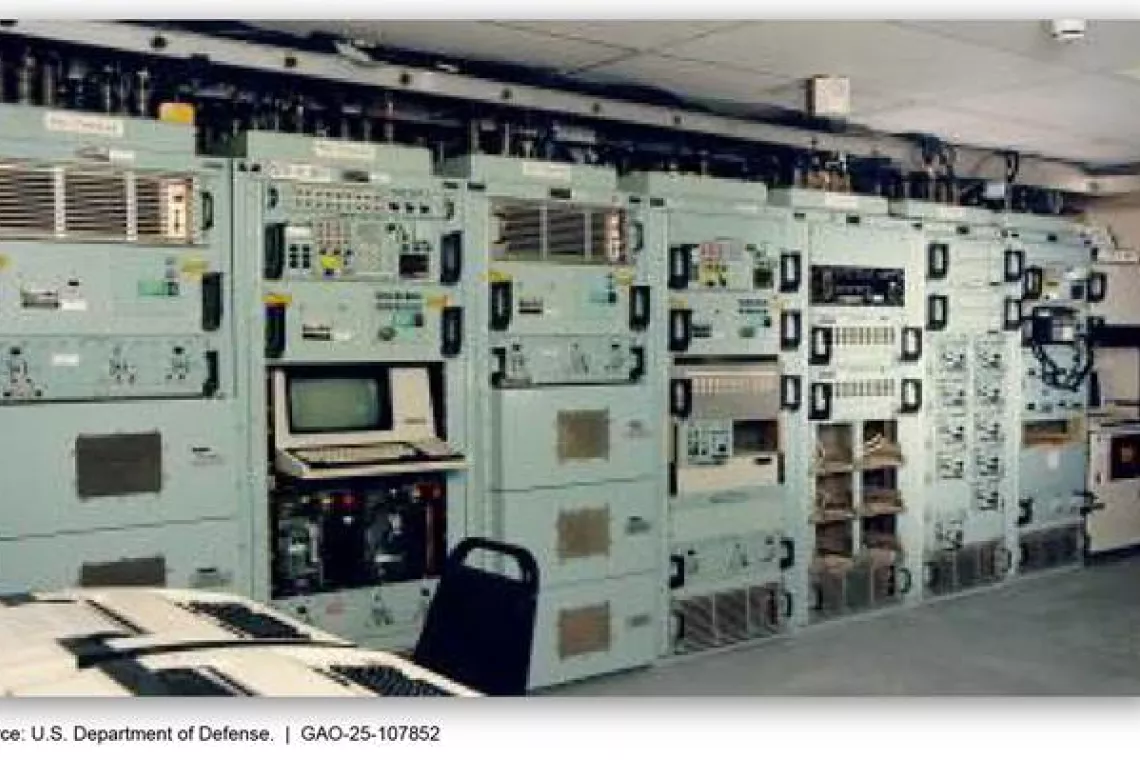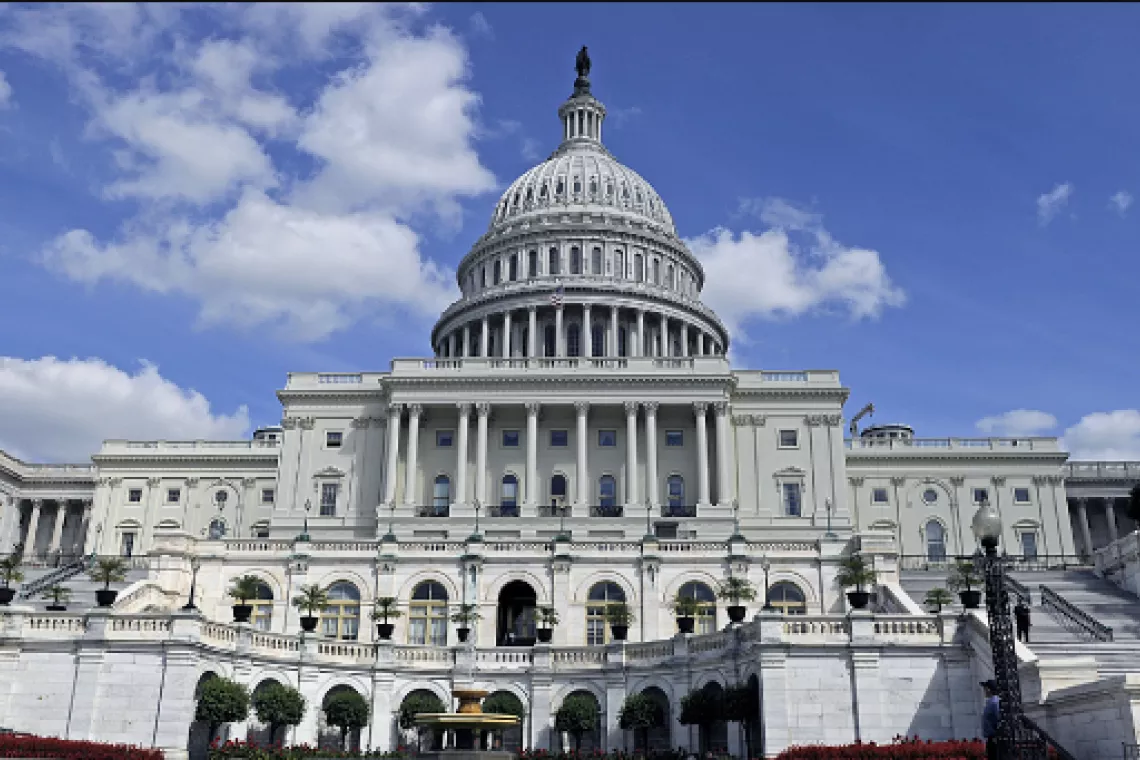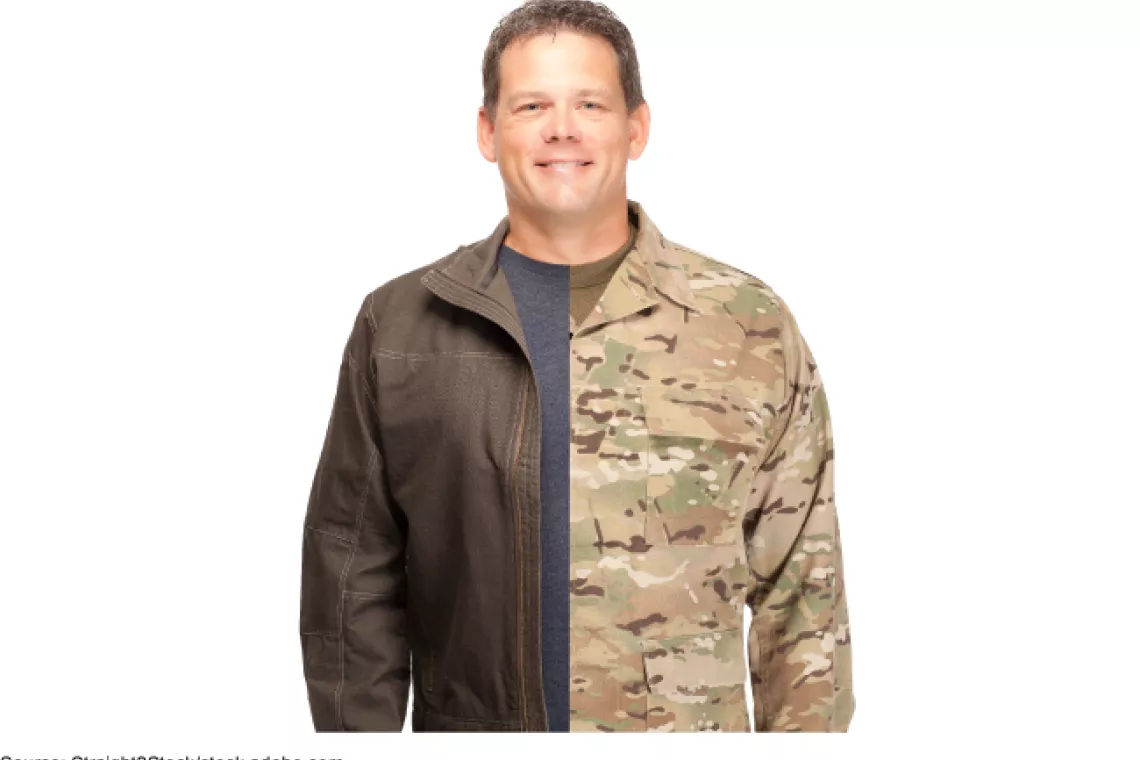The Importance of Good Oversight for Medicaid
Medicaid plays an important role in providing health care coverage for low-income, medically needy Americans. In 2018, Medicaid covered approximately 75 million people at a cost of about $629 billion. But overseeing this program can be challenging, given its size and complexity—which is why Medicaid has been on our High Risk List since 2003.
To help viewers get a quick overview of the current issues and challenges confronting the program, we just recently produced this short video examining Medicaid oversight.
Both the federal government and the states jointly fund Medicaid. Because states have flexibility to design their Medicaid programs within broad federal guidelines to meet their own needs, each state’s program is different. That's part of why program monitoring is so important and complicated.
Good information is key to program oversight. However, available Medicaid data haven't always shed light on how well the Medicaid program is operating.
For example, Congress established new federal rules in 2010 and 2016 for screening and enrolling health care providers in Medicaid. These rules are designed to exclude providers from Medicaid who don’t meet minimum standards, which can help prevent fraud, waste, and abuse.
Yet we recently found that not all states have implemented these rules, and the Centers for Medicare & Medicaid Services—which oversees states’ administration of Medicaid—doesn’t have a complete picture of state compliance. Read our report to learn more.
- Comments on GAO’s WatchBlog? Contact blog@gao.gov.
GAO Contacts
Related Products

GAO's mission is to provide Congress with fact-based, nonpartisan information that can help improve federal government performance and ensure accountability for the benefit of the American people. GAO launched its WatchBlog in January, 2014, as part of its continuing effort to reach its audiences—Congress and the American people—where they are currently looking for information.
The blog format allows GAO to provide a little more context about its work than it can offer on its other social media platforms. Posts will tie GAO work to current events and the news; show how GAO’s work is affecting agencies or legislation; highlight reports, testimonies, and issue areas where GAO does work; and provide information about GAO itself, among other things.
Please send any feedback on GAO's WatchBlog to blog@gao.gov.





